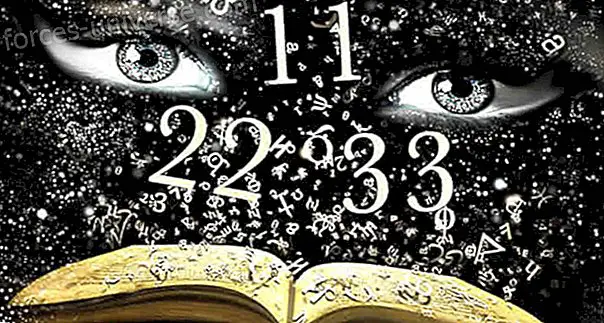
Of course, when we hear this phrase we ask ourselves, but when have I lost myself? The reality is that this phrase refers to the fact that we do not remember even fifty percent of our lives and for those who believe in rebirth because they remember less of other lives, in fact that is a company of mine. I know that hard to get.
Fragments or important moments
Normally we remember fragments that we consider important, they can be events such as our university graduation, the birth of a child, the face of our loved ones, and also events not as pleasant as the death of someone loved one, the loss of a couple or friend, actually appear in our minds as cutouts of photographs, postcards, static and frozen images.
Using an analogy we remember only slices of the cake that is our life, but we have forgotten most of the carelessness in our attention, for not dwelling and staying in the present and for not caring for our daily performance. This seems not to be so important until we find the reality that with each action we generate edifying or non-edifying causes and consequences, and if we are not attentive the possibility of increasing the negatives increases.

Sometimes we are angry with someone and that person does not remember what happened to us and sometimes they get mad at us and we do not remember what we did to generate a conflict, this apart from being uncomfortable demonstrates our lack of attention to what We do, say and think about the present and the past too.
recap or retrocognition
In the teachings of the East there is a very useful tool that is known as the recapitulation, which consists of making a detailed account of what we do in a day, a week, a year and for the teachers made a life or lives ... it is not Easy task because it requires enormous discipline and will that is the most effective antidote to laziness.
If we start with recapitulating the day we must do it chronologically it can be from the end to the beginning or vice versa, the important thing is that it is ordered in time, as detailed as possible. When doing the count we can identify anger, sadness and discomfort to which it is recommended to take away the inverted energy, for example if we get angry with our boss, remember the moment we observe it, inhale imagining that we take away the energy of anger and exhale imagining that the air that leaves us becomes water vapor that dissolves in space or vacuum.

It is vitally important to take the energy away from our non-constructive emotions to somehow give more space to our mind, but above all to make us aware of what we should or should not do and determine not to repeat the same situation.
Gradually, patiently and lovingly
Once we manage to do it with one day, we continue gradually, patiently and lovingly with ourselves with a week, a year ... and as much as possible. We may notice that sometimes we pass details and then we must return to the moment of oblivion, accommodate the situation and continue again. 
This is how to recapitulate, tidying up our memories and experiences allows us to recover all of ourselves, learn from the past, live a better present and build a better future.
know how I have lived and what I have done
An exceptional advantage is when suddenly someone tells you that you did something in a distant time, for example when you were seven years old, you can certainly know if you are right or not, express clearly that you are aware, (thanks to which you have recapitulated your life), how you have lived and what you have done ... it is wonderful.
It doesn't matter how old we are to start recapitulating, although it is not enough to warn that many practitioners fail in the attempt for laziness and because at first it is not easy, sometimes it is painful because we see that not everything in our life is what we It seemed or how we should think. However, the mind becomes more docile and the effort ceases to be so strong and becomes a calm stream of thoughts.

As everything requires effort, dedication and recognition of the great benefits that arise from knowing us in our totality and not in parts without conscious continuity. It is said that we die as we live and if we learned to consciously recognize all the moments of our life, surely we can rest in the peace of a constructive vital performance and a life oriented to the wise administration of our lives. bitos of life, is to discover one of many keys to die in peace and with accounts settled Do not you believe? ..
AUTHOR: Pilar V zquez, collaborator of the great family of the White Brotherhood






